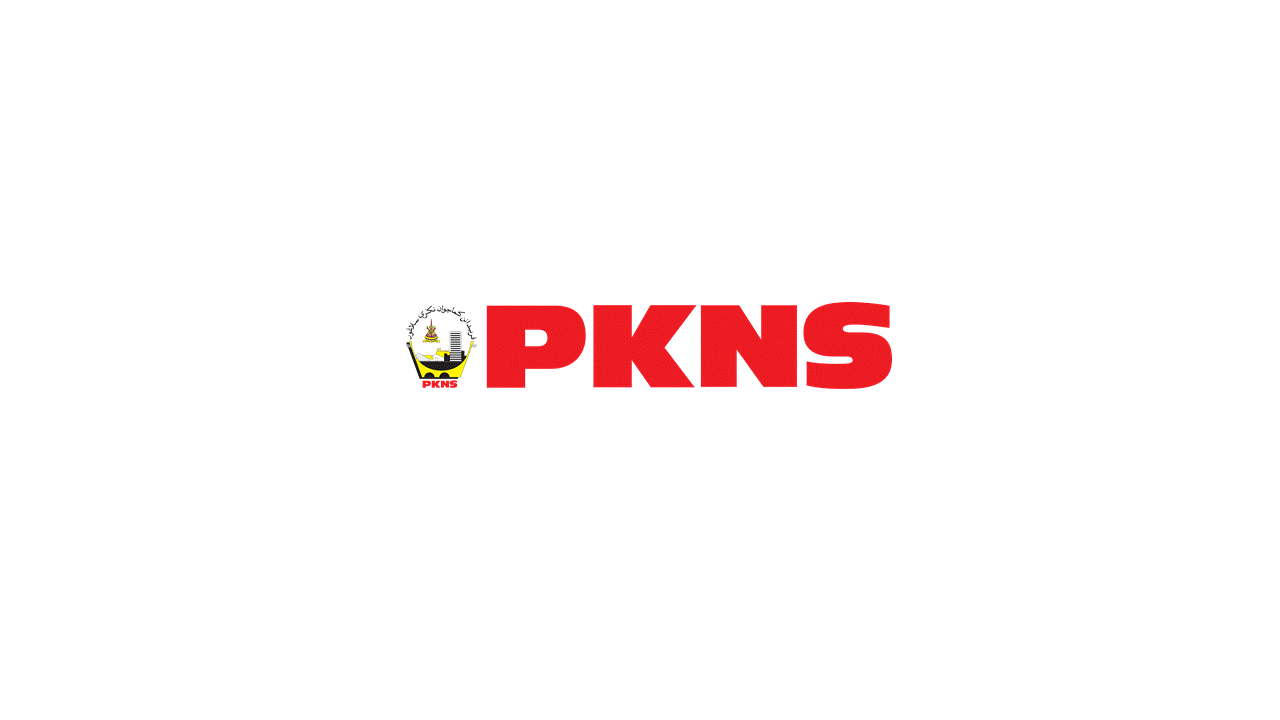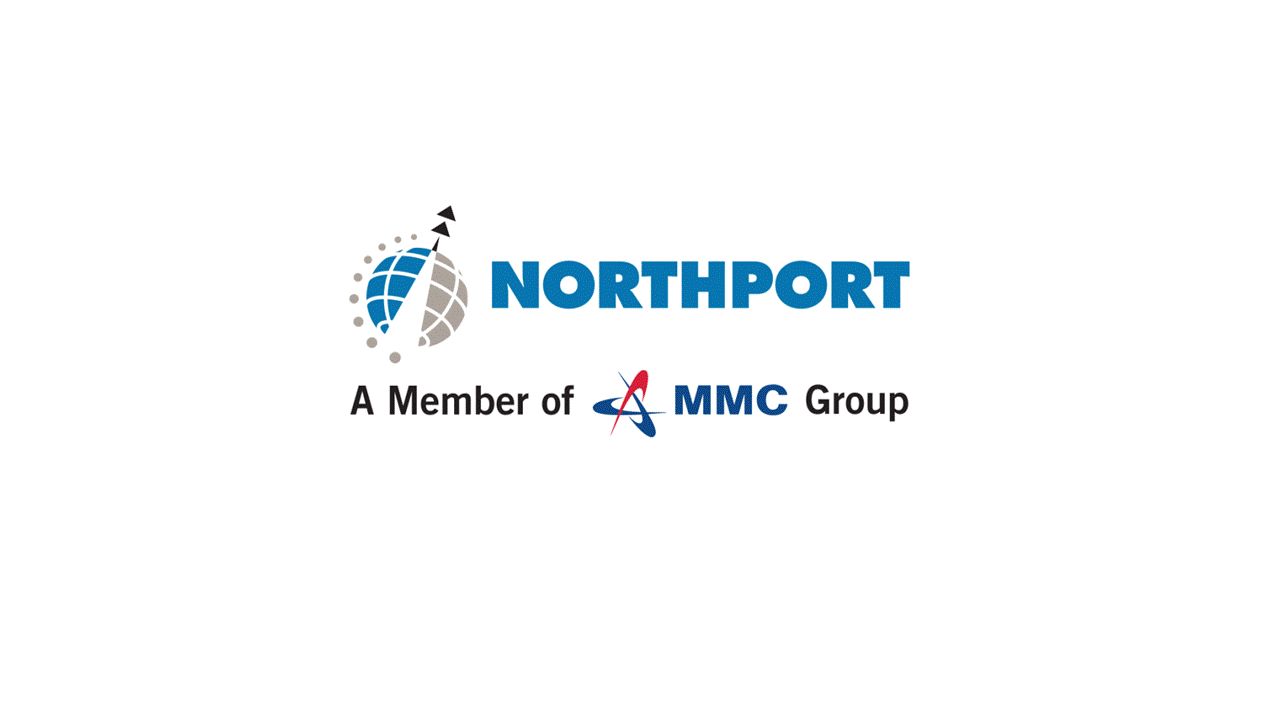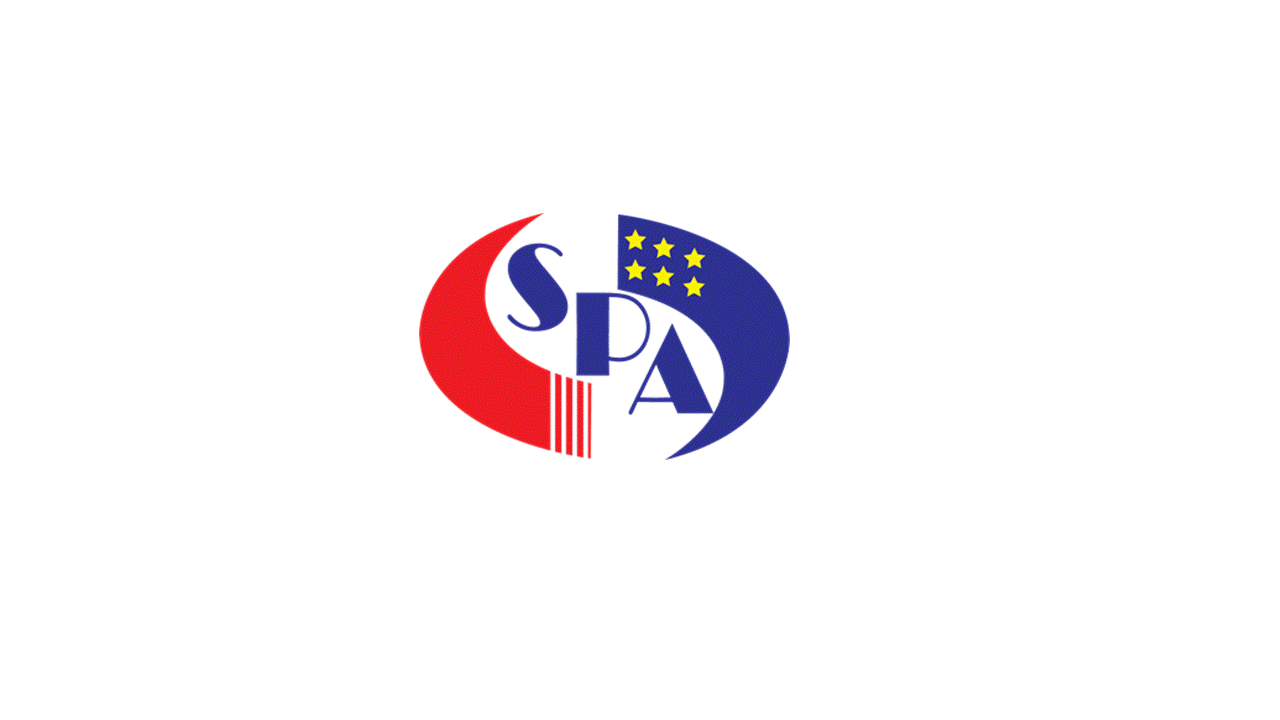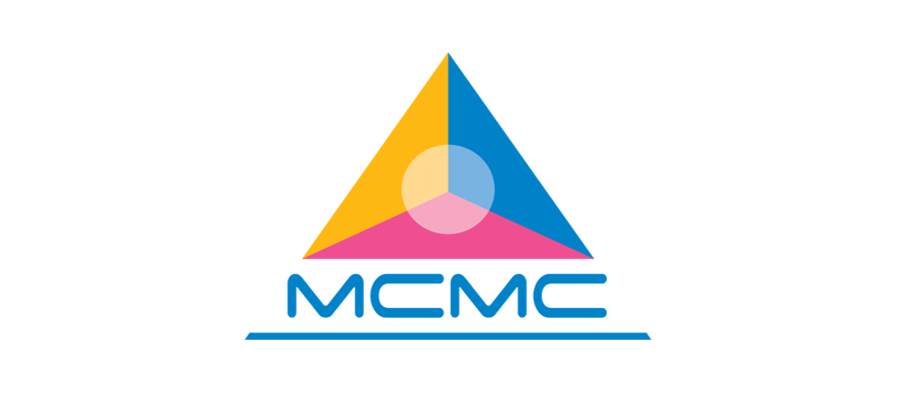News: Amazon pegs COVID-19 costs at an estimated $4 billion next quarter
Amazon expects to incur $4 billion in COVID-related costs next quarter, an estimate that provides a bellwether for other businesses, large and small, trying to stay operational and control expenses amid the pandemic. The upshot: Amazon is planning for COVID to remain an unwelcome companion through the end of the year with costs higher than
Amazon expects to incur $4 billion in COVID-related costs next quarter, an estimate that provides a bellwether for other businesses, large and small, trying to stay operational and control expenses amid the pandemic.
The upshot: Amazon is planning for COVID to remain an unwelcome companion through the end of the year with costs higher than the previous quarter.
The company said Thursday in its third-quarter earnings call that it logged $7.5 billion in COVID-related costs since the disease took root earlier this year. Amazon previously said its COVID costs were about $600 million in the first quarter and more than $4 billion in the second. The company’s COVID costs in the third quarter were about $2.5 billion, CFO Brian Olsavsky told an analyst during an earnings call. While Amazon was able to lower its costs in the third quarter due to efficiencies that number is on rise for next quarter.
Olsavsky said the majority of the increase in costs is due to the expansion of its operations. Amazon has hired 100,000 new workers in October.
COVID-19 along with other uncertainties related to the economy, holiday sales and even weather patterns weighed on its guidance for operating income in the fourth quarter. Amazon provided a wide-ranging guidance of between $1 billion and $4.5 billion in operating income in the fourth quarter compared with $3.9 billion in the same period last year. This guidance assumes about $4 billion of costs related to COVID-19.
But what is most telling is that even after providing a lengthy list of possible uncertainties in the fourth quarter, Olsavsky noted that COVID still trumps them all.
“So there’s a whole host of issues that generally come to bear in Q4,” Olsavsky said. “I think the fact that COVID is dwarfing all of those is causing us a lot of uncertainty on our top line range.”
Olsavsky said costs were related to productivity losses caused by changing how it operates as well as expenses related to personal protective equipment and other upfront costs.
“The largest portion of these costs relate to continuing productivity headwinds in our facilities, including process revisions to allow for social distancing and incremental costs to ramp up new facilities, and the large influx of new employees hired to support strong customer demand also includes investments in PPE for employees and enhanced cleaning of our facilities,” Olsavsky said during Thursday’s earnings call.
Amazon said Thursday it also continues to ramp up its in-house COVID-19 testing program with capacity reaching 50,000 tests a day across 650 sites by November.























